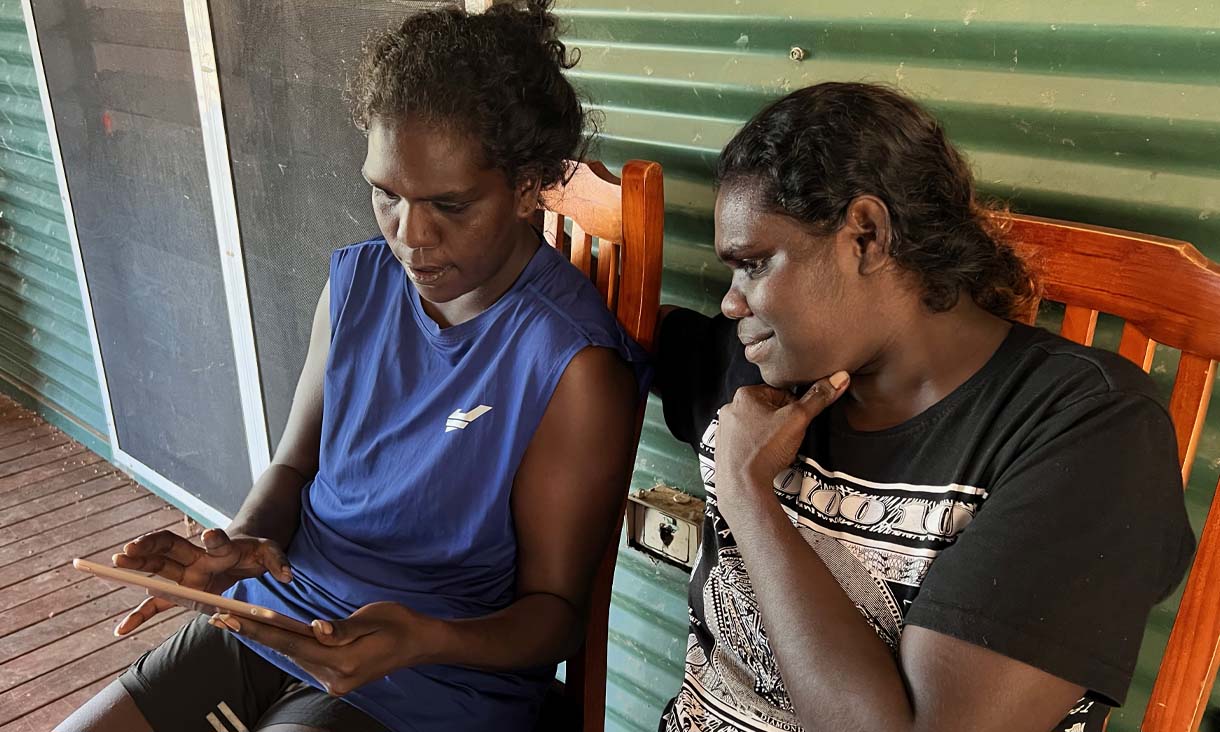Dr Peta Malins (she/they), Senior Lecturer in Criminology and Justice Studies
Topics: drug policy, drug use, drug checking, drug trends, harm reduction, CanTEST, Coroner of Victoria, Victorian Coronial data, drug deaths, overdose
“The CanTEST Health and Drug Checking Service Program Evaluation: Final Report found that the trial of Australia’s first drug checking service has been a resounding success; reducing harm for ACT service users and the general public.
“It is important to take note of its key findings:
- Over 6 months, CanTEST helped 437 people to reduce their risks of overdose and poisoning by giving them timely information about the composition of their drugs and relevant health and harm reduction advice.
- 70% of service users had never accessed drug harm reduction health advice before using this service.
- Of the 626 drug samples tested, only around half (53%) were actually found to be the drug that service users were expecting.
- Where the drug result was not as expected, service users were four times more likely to report they would definitely not use the drug, and many discarded their drugs immediately at the service.
- Without the existence of CanTEST, 100% of these service users would have likely consumed these drugs. In some cases, they would have experienced harm resulting in hospitalisation and even death. Instead, they were provided with tailored safety advice to help reduce chances of overdose and other harms and were able to make more informed decisions.
- CanTEST was also able to issue three health alerts to the public in a timely manner, when it identified drug contaminants deemed to be particularly dangerous, thereby no doubt reducing further harms.
“We know that people, especially young people, continue to use illicit drugs despite the risks and threats of being caught. The CanTEST findings show that many drug users do care about their health and are keen to find ways to reduce risk.
“They also show how unpredictable and unregulated Australia’s illicit drug markets are, and the importance of providing direct and timely information about drug composition to users.
“Given the success of this trial, Victoria has no reason to further delay establishing its own drug checking services.
“Following a spate of drug-related deaths in Melbourne in 2021, where 5 people died after taking drugs containing an unexpected novel psychoactive compound, the Victorian Coroner recommended Victoria establish some form of drug checking service.
“Since then, following a surge in novel psychoactive related overdoses and many additional unnecessary deaths, further Victorian coroners have been urging the Victorian Government to act.
“In Victoria, we are beginning to lag other jurisdictions in Australia and missing an opportunity to get almost real-time information on changing drug markets.
“Instead, we find out about local drug trends after the harms have occurred – through analysis of overdose presentations at hospitals, at the morgue or through police seizures.
“These sources of information are often delayed by weeks or months, which means this information is being made public long after these drugs have been circulating. These delays present missed opportunities to prevent overdose.
“In contrast, drug checking services can identify substitutions and adulterations within hours and can provide that information to community members before preventable harm has occurred.
“If we can prevent overdoses from happening in the first place, then we can ease the pressures on our emergency health system for all Victorians.
“Canberra and our near neighbour, New Zealand, both have successful drug checking services, and Queensland has announced it will support and fund drug checking in the near future.
“Drug checking is a precautionary and pragmatic response to the health risks of unpredictable drug markets, often before hazardous substances flood the local market.
“Drug checking services never tell someone that drugs are safe, they do the opposite. They remind people how unpredictable drug markets can be.
“Victorian Coronial data released last month shows we now have the highest tally of deaths involving novel psychoactive substances on record.
“How high does this number have to be before the government takes action?”
Dr Peta Malins (she/they) is a Senior Lecturer in Criminology and Justice Studies at RMIT University. Their research examines drug use and harm reduction, and the intended and unintended impacts of drug policy and policing practices.
***
Media enquiries: RMIT Communications, 0439 704 077 or news@rmit.edu.au







